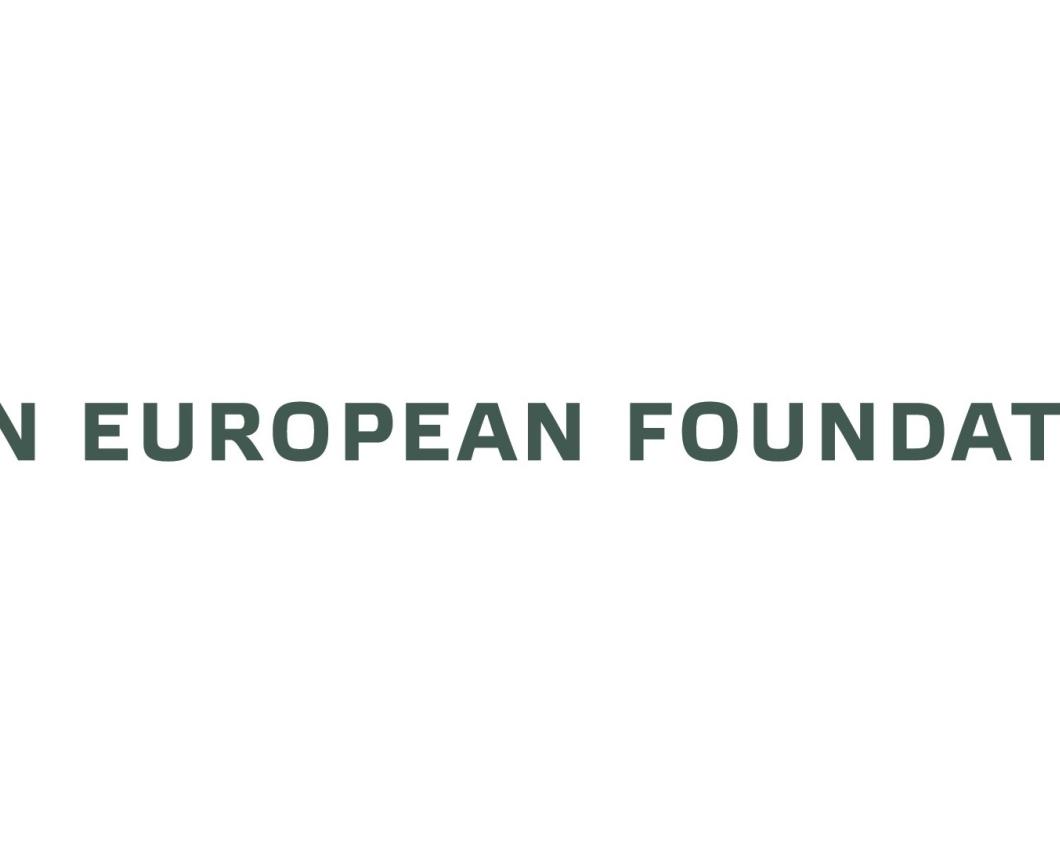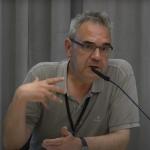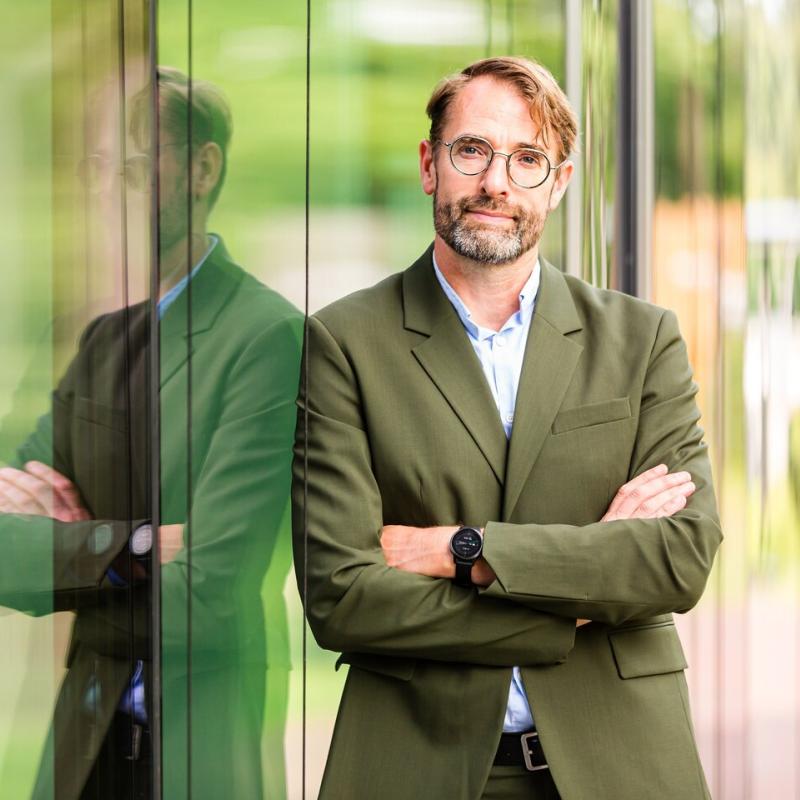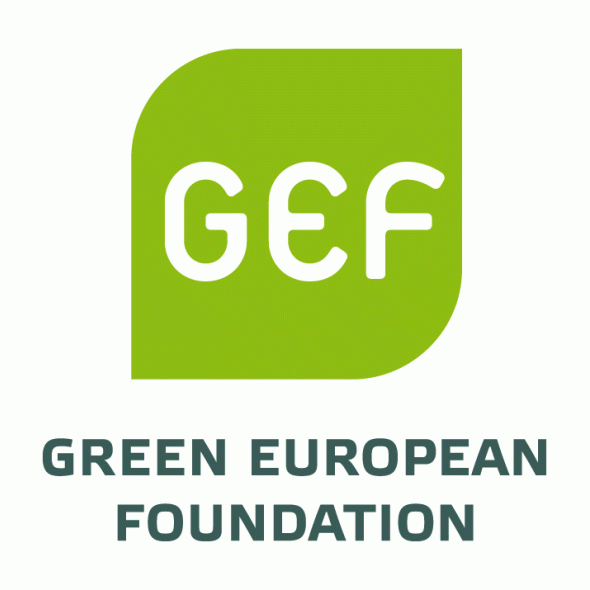Trineke, whence your interest in the debate on economic growth?
[TP] “Our think tank has long been concerned with the interaction between globalisation and local policies. You see numerous initiatives at the local level for sustainability and for a new interpretation of prosperity. But such initiatives tend to get bogged down in the present economic system. Even within the Christian social tradition there is a current that criticises the growth compulsion of that system. Think of the Dutch economist and politician Bob Goudzwaard, who argued for an 'economy of enough' as early as 1976.
I personally wrestle with the question of whether a planned transition to an economy without growth is different from a recession, with all the misery it entails. Can you substantiate that no one will be left behind? If not, advocates of degrowth organise their own opposition."
[HS] "To avoid that, you have to be as specific as possible about what will be better if we jettison the growth drive. Take the Dutch debate on excess nitrogen – that’s a degrowth discussion par excellence. The ecological damage of intensive livestock farming by far outweighs its financial returns, so we need to stop it in a planned way. For that, we need to look at the drivers of the current system: the high prices of agricultural land, farmers’ lack of market power vis-à-vis other actors in the value chain, all factors that force farmers to pursue economies of scale. Can we remove the compulsion to grow through other forms of land ownership, new stakeholders from outside the agro-industrial complex and a fairer distribution of revenues? This way, the discussion becomes practical, allowing a better future to emerge. Not just for farmers, but for all of us: lower nitrogen emissions benefit the health of both humans and nature. The strength of degrowth thinking is that it puts the quality of life and of social relationships at the centre."
[TP] "The focus on quality of life aligns with the way I talk about economics within the Christian Union: how do we shift from growing to thriving? The economy should serve communities where we take good care of each other, even if all that informal care doesn't count in GDP."
[HS] "I do want to underline that degrowth is a task for rich countries. We need to shrink to make room for economic growth in countries that still need it. Solidarity between North and South, that’s the international dimension of degrowth."
Would it be reasonable for the European Union to be the first to say goodbye to economic growth?
[HS] "Yes, but when you put it that way it sounds like a sacrifice. You could also raise the question, as political economist Katherine Trebeck does: if an economy is fully 'grown up', why would you need more? Why would you want growth at all if you are already living in unprecedented prosperity? It's not even saying goodbye to anything. You simply observe: people, this is completely pointless, growth no longer serves any purpose. We just need to organise our society differently. If that is true anywhere, it is in Europe. Actually also in the United States, but there they have to solve the issue of inequality first.
At the very least, the European Commission is now pursuing green growth, but one wonders if it is not already going further. European policies on climate, sustainability and circular economy are quite far-reaching - they often go beyond national policies, especially Dutch ones. European policymakers are trying to fit their sustainability goals into today's economy, with its growth imperative, but this is slowly coming into question. There is a big Beyond Growth conference coming up at the European Parliament. The interest in degrowth is especially strong in southern Europe, where people have been looking for new forms of community after the trauma of the euro crisis. We totally lack that perspective in the Netherlands. We are one of the most neoliberal countries in Europe."
How do foreign and security policy thinkers view economic growth? Isn’t GDP a key measure of geopolitical power?
[TP] "The fundamental debate about 'green growth' versus 'degrowth' is hardly ever held in those circles. There is a growing understanding that unbridled growth does not automatically confer geopolitical advantage, and thus the EU is not weakened by pursuing more qualitative growth. Being ahead in green technology is even a power factor. There is also an increasing focus on decarbonising the defence sector, which is still eminently fossil-based. It is seen as strategically smart to make the armed forces more sustainable. In short, a shift towards 'green growth' is taking place. We should welcome that.




